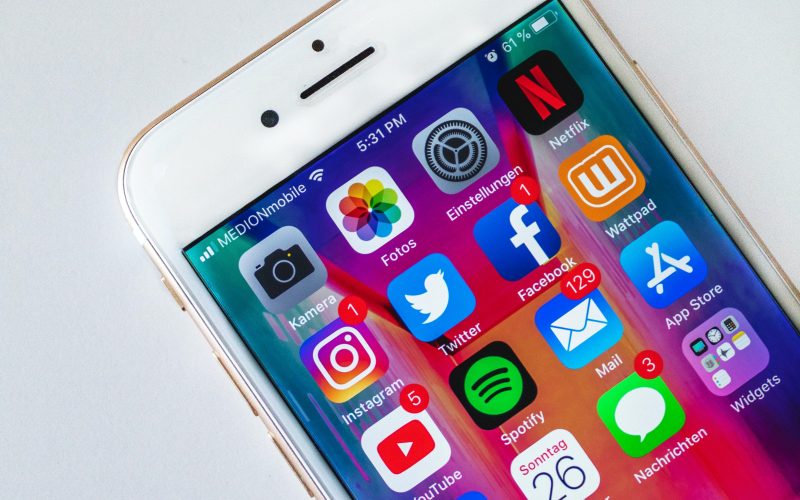Information
Are you tired of being bombarded with ads for things you didn’t even know existed? Do you feel like your personal information is being sold to the highest bidder without your consent? It’s time to take a closer look at the social media platforms we use every day. In this post, we’ll be discussing the 6 worst offenders when it comes to protecting your privacy and personal information. So buckle up, because we’re about to expose some shocking truths about these popular platforms.
Facebook is the social media platform that you are most likely to have heard of. It has over 2 billion active users and continues to grow. However, it is also one of the worst platforms for your personal information.
Facebook has been in the news a lot recently for its handling of user data. In 2018, it was revealed that Facebook had allowed Cambridge Analytica to access the personal data of 87 million users without their consent. This led to a massive data breach, and Facebook was fined $5 billion by the FTC.
Facebook has also been criticized for its use of facial recognition technology. This technology can be used to track users and collect sensitive data about them without their knowledge or consent.
In addition, Facebook has been known to sell user data to advertisers. This means that your personal information could be shared with companies without your knowledge or consent.
Overall, Facebook is not a safe platform for your personal information. If you are looking for a social media platform that will protect your privacy, you should look elsewhere.
Twitter is one of the most popular social media platforms, but it is also one of the worst when it comes to protecting your personal information. The platform has been hacked multiple times, exposing the personal information of millions of users. In addition, Twitter has been known to sell user data to advertisers and other third parties.
Snapchat
1. Snapchat
If you’re looking for a social media platform that is notorious for leaking personal information, then Snapchat is definitely the one for you. In fact, Snapchat has been hacked multiple times, with the most recent incident occurring in December of 2013. As a result, over 4.6 million usernames and phone numbers were leaked onto the internet.
Even if your personal information hasn’t been leaked in a hack, there’s still a good chance that it’s being collected and sold by the company. In February of 2018, it was revealed that Snapchat had been collecting and storing users’ location data without their knowledge or consent. The company has also been known to sell user data to third-party advertisers.
So, if you value your privacy, it’s best to stay away from Snapchat. There are plenty of other social media platforms out there that won’t put your personal information at risk.
Google+
1. Google+
Google+ is a social media platform that is owned by Google. The platform was launched in June 2011, and it allows users to share information such as photos, videos, and articles. Google+ has over 300 million active users, but the platform has been criticized for its lack of privacy and security features.
LinkedIn is a platform that many people use for networking and job searching. However, LinkedIn has been known to sell user data to advertisers. In addition, LinkedIn has been hacked in the past, which has led to the personal information of millions of users being leaked.
Tumblr
If you are concerned about your personal information and privacy, stay away from Tumblr. This social media platform is known for its lax attitude towards user data and privacy. In addition, Tumblr is also home to a lot of NSFW content, which can be easily accessed by anyone, regardless of their age.
Conclusion
It’s important to be aware of the risks that come with certain social media platforms. While you may enjoy staying connected and up-to-date on your network, it’s important to do so in a way that is safe and secure for you and your personal information. We hope our list has educated you on which networks are the worst when it comes to protecting your data and helping you stay secure online. Remember, if something feels off or too good to be true, then there’s probably some risk involved – so always practice caution!












